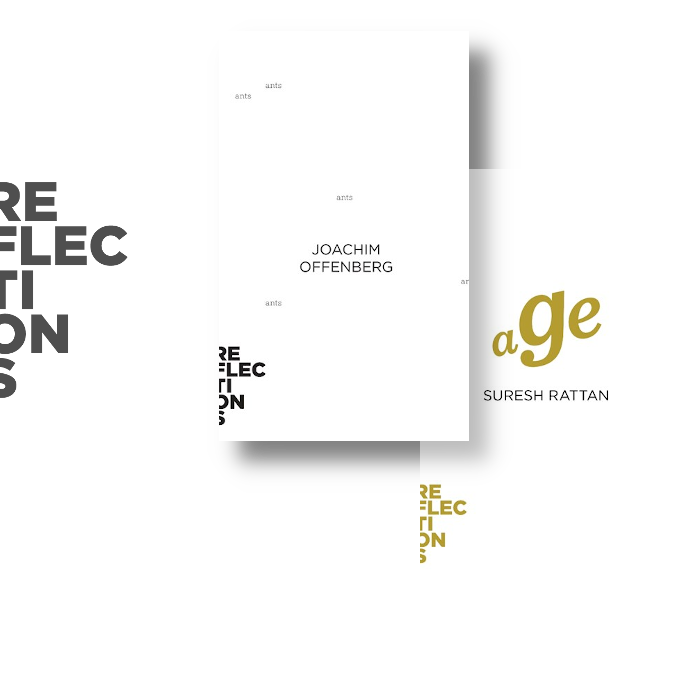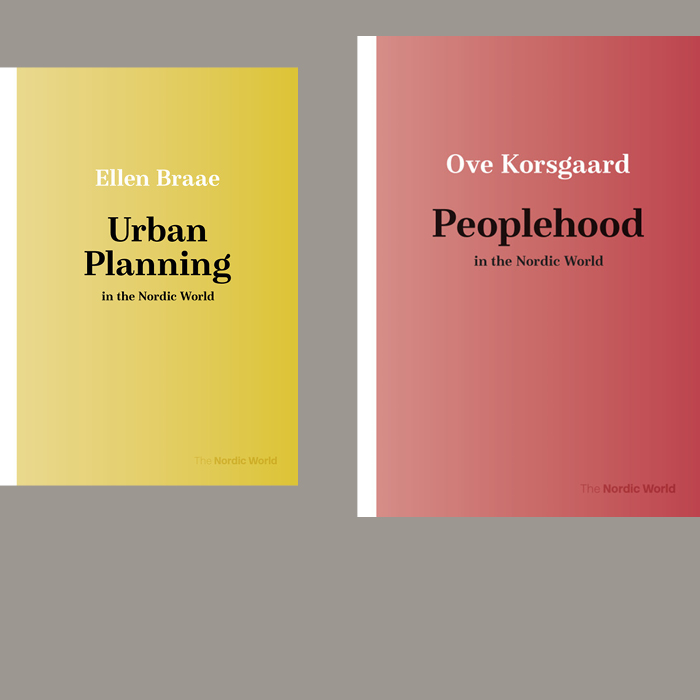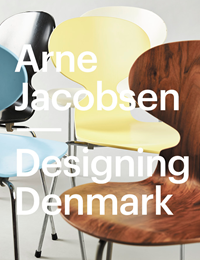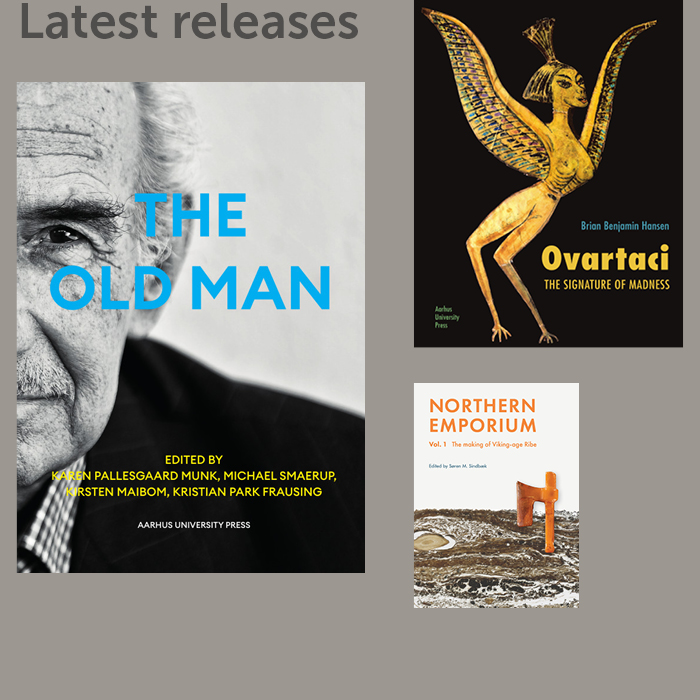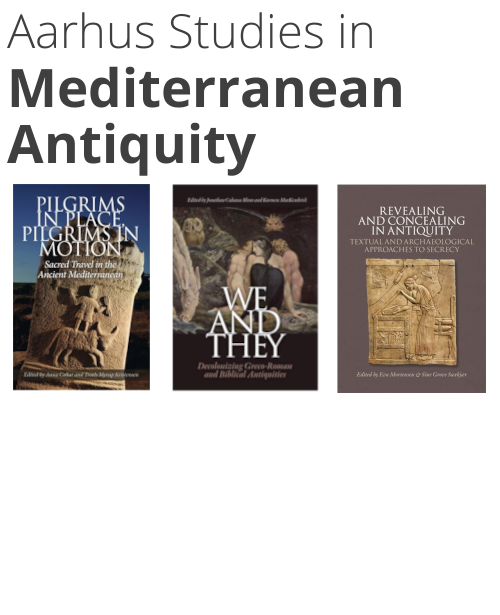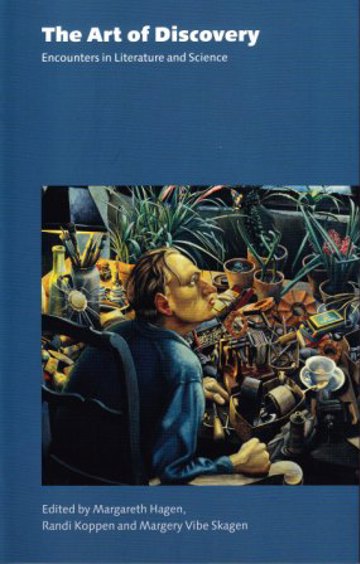
The Art of Discovery
Encounters in Literature and Science
A part of the subject areas Literature and Natural science
Out of stock
Edited by
Margareth Hagen,
Randi Koppen and
Margery Vibe Skagen
With contributions by
Charles L. Armstrong,
Andrea Battistini,
Gillian Beer,
Jon Bing,
Jostein Børtnes,
Ragnar Fjelland,
Margareth Hagen,
Christine Hamm,
Holly Henry,
Randi Koppen,
Hans Jacob Ohldieck,
Margery Vibe Skagen,
Rasmus T. Slaattelid,
Roger Strand,
Zeljka Svrljuga and
Eivind Tjønneland
More about the book
About the book
Robots, human hybrids and fictional monsters assembled from graveyard body parts by mad scientists have haunted literature for centuries. The frightening but alluring motif highlights a long and complex love affair between literature and science; an affair filled with fascination, commonalities, differences and antagonism. Over the past decades, however, the two cultures have found common ground and interest, giving a momentum to consider the complex intersections in their historical contexts.
The Art of Discovery has evolved from this vantage point. Bringing together scholars of literature, natural sciences, and philosophy of science, the anthology spans the 19th and 20th centuries and discusses a range of different entcounters. These include Goethe's theory of colour, Darwin's 'filthy heraldries', Sigrid Undset's usage of biology, and the literary responses to the first man on the moon, Baudelaire's infatuation with magnetism, the robot as a theme in literature, and literature's moral imperative post Hiroshima.
The anthology, by internationally renowned scholars, brings new perspectives to the existential, ethical, intellectual and metaphysical implications of the agelong love-hate relationship between the 'two cultures'.
Press reviews
Folkert Degenring, University of Kassel, Germany, The British Society for Literature and Science
"[...]the essays cover a wide spectrum of topics, approaches and contributors: from general observations concerning the relation of literature and science to specific historical reconstructions, from the history of ideas to cognitive linguistics, from nineteenth century to the twenty-first, from American, English, French, German, Italian, Latin American to Scandinavian literature, from literature, linguistics and law to philosophy of science, biochemistry and physics."
"It does provide an impressive array of possible lines of connections [...] and reminds the reader of how vast the field of literature and science studies is. It is a valuable addition to literature and science studies, and some of the individual essays are not just intellectually stimulation but also highly enjoyable to read. Certainly all provide food for thought."
